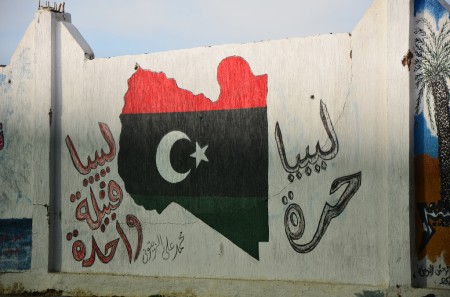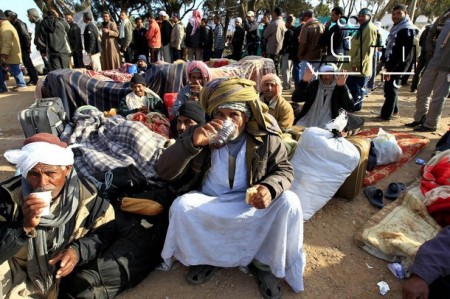
This article was originally published by the IPI’s Global Observatory on 27 October 2016.
The United States is reportedly attempting to gather all of Libya’s rival governments to participate in a “reconciliation meeting” in Saudi Arabia in the near future. The initiative responds to the great uncertainty surrounding the United Nations-brokered Libyan Political Agreement, which aimed to unify rival factions in the country’s ongoing civil conflict. The new effort could boost domestic and international support for the agreement, which is critical to avoiding derailment.
The challenge to the 2015 agreement spiked on October 14 this year, when a rump of members of the Tripoli-based parliament during the war, the General National Congress, led by former prime minister Khalifa al-Ghwell and backed by allied militias, seized the premises of the new State Council set up to advise the UN-backed Government of National Accord (GNA).
Al-Ghwell declared his intention to take back executive authority from the GNA and called on Abdullah al-Thinni, former prime minister of the internationally recognized Bayda and Tobruk-based government, to form their own government of national unity. While al-Ghwell’s proposal has thus far been rejected by his former rival al-Thinni, it did demonstrate the GNA’s lack of broad-based domestic support.




